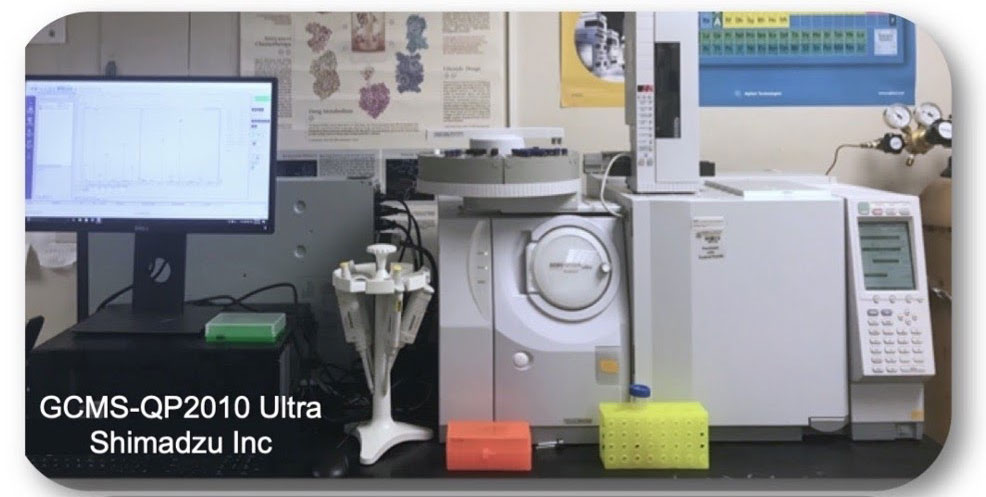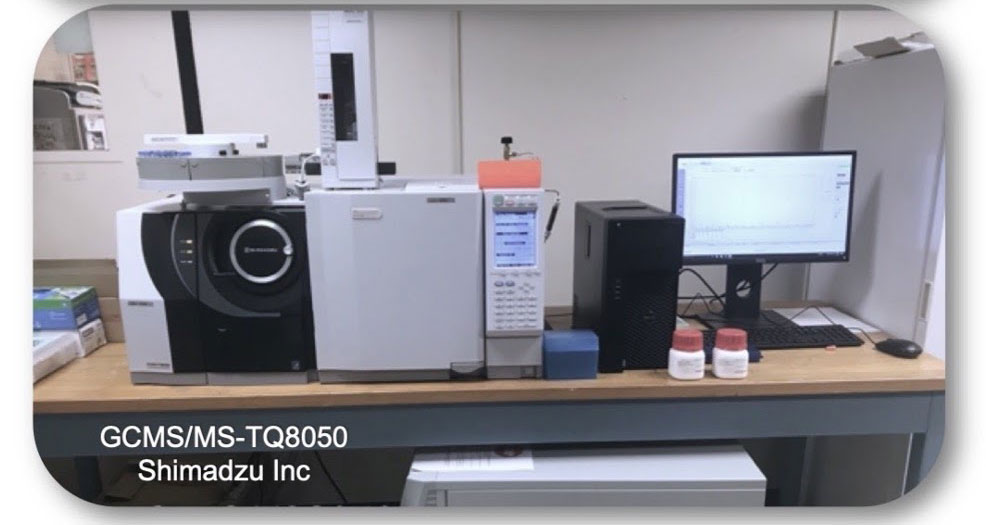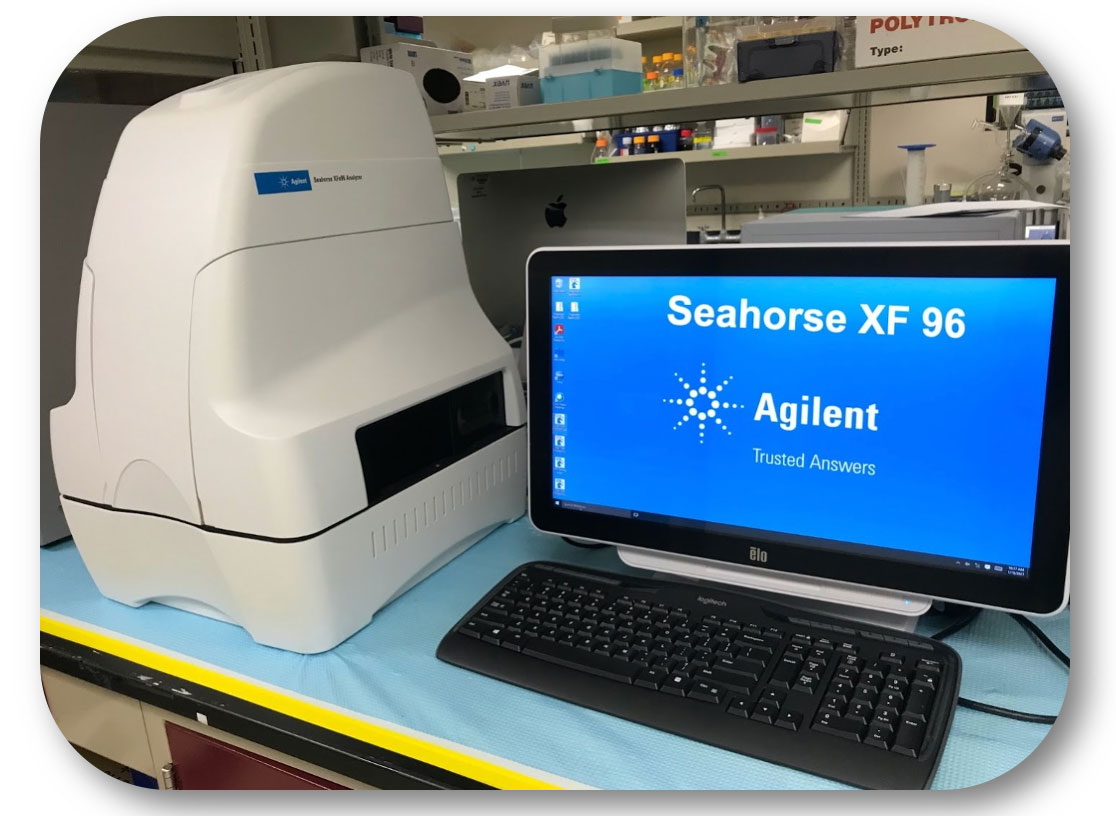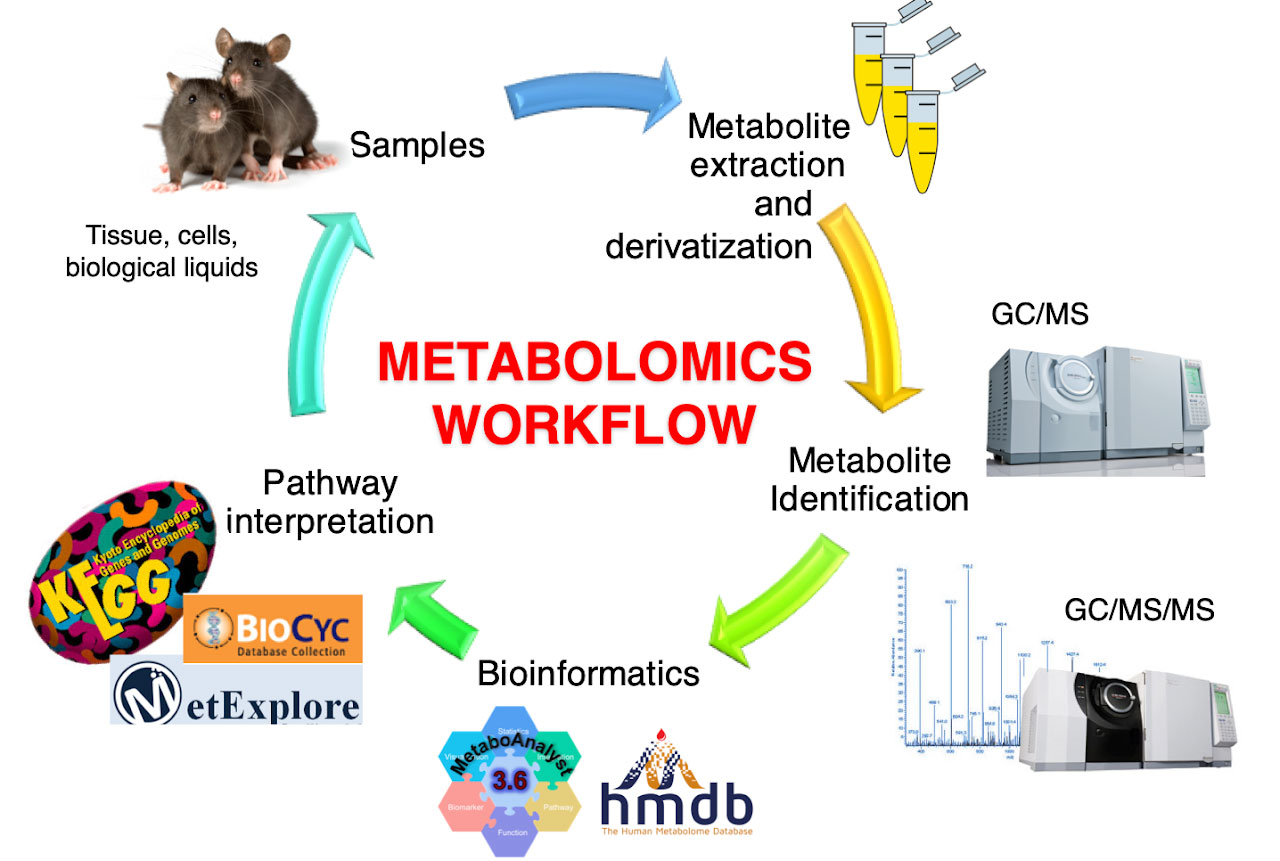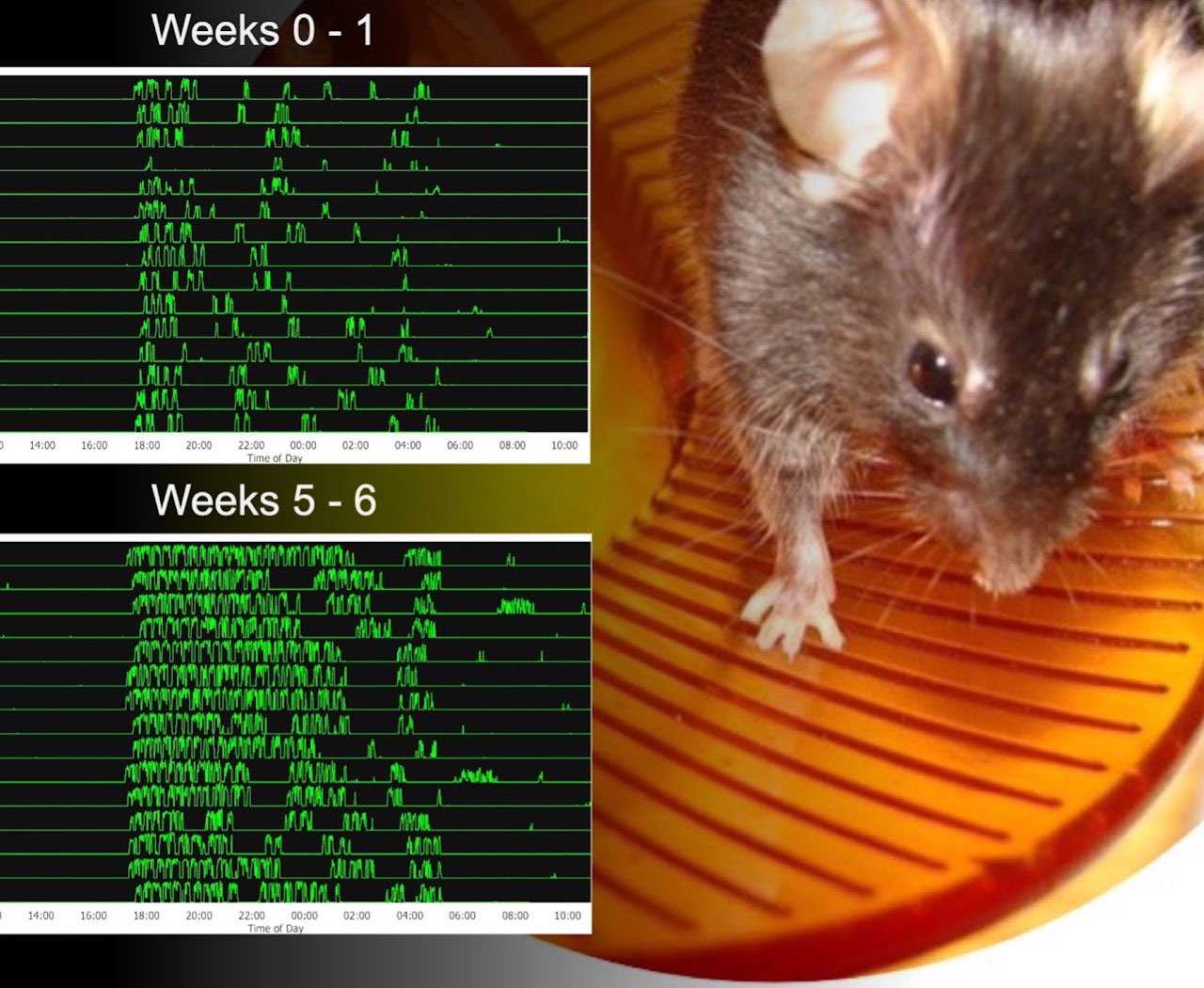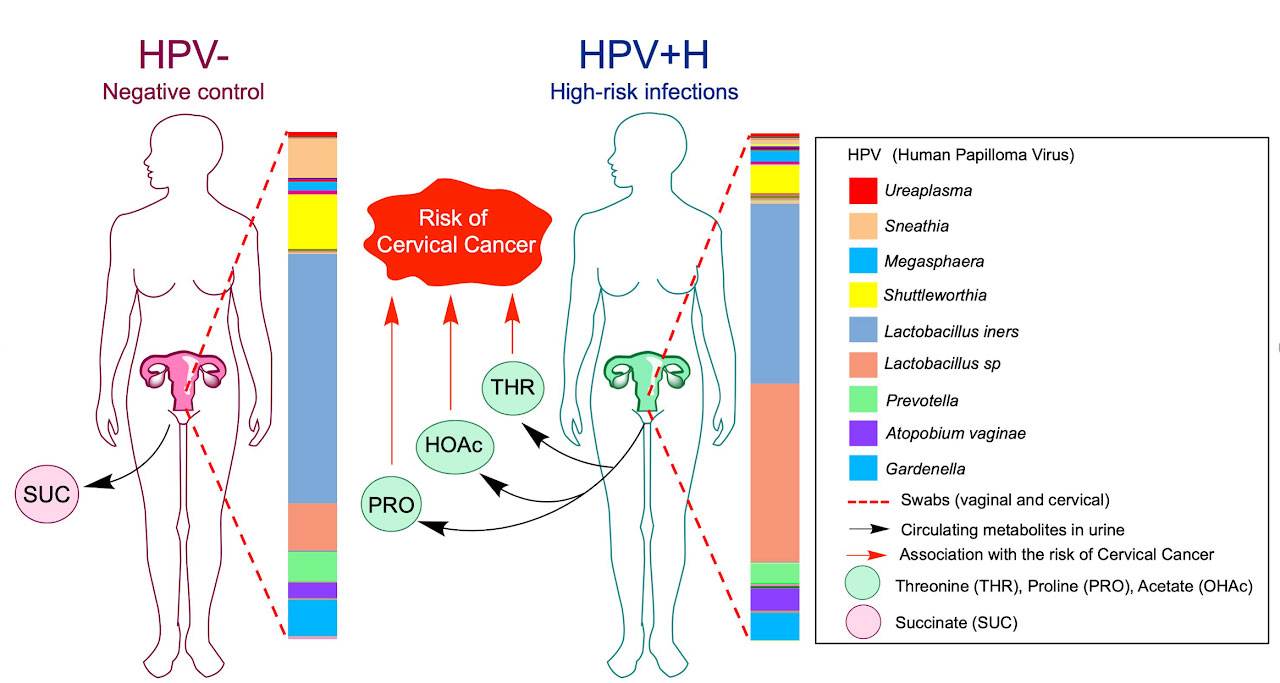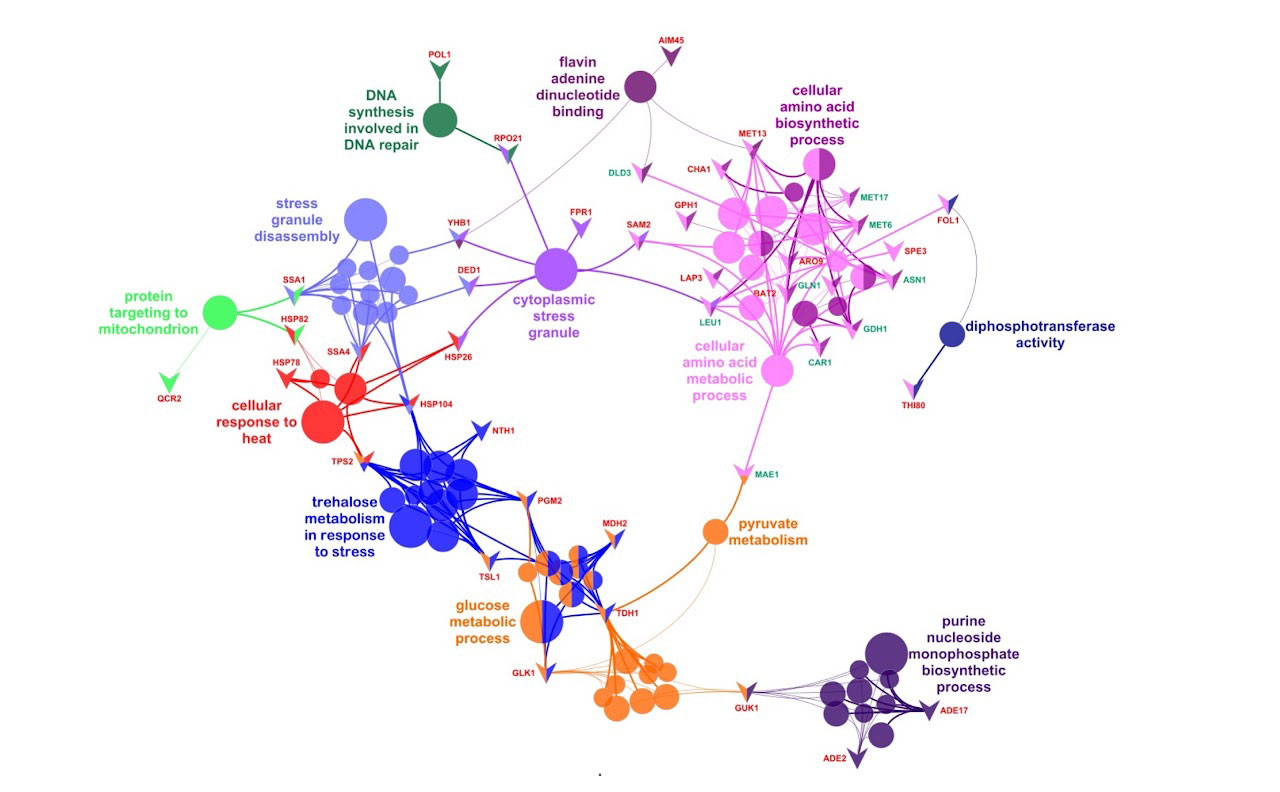Dr. Nataliya Chorna
Contact Info
Education
- Doctorate in Biology with a specialty in Microbiology, 1987
National Academy of Sciences of Ukraine, Kyiv, Ukraine - MS Master Degree in Biochemistry, 1979
Taras Shevchenko National University of Kyiv, Kyiv, Ukraine
PR-INBRE Metabolomics Research Core
Research Interests
RR-INBRE Metabolomics Research Core (MRC) was established by the Puerto Rico IDeA Network Biomedical Research Excellence (PRINBRE) in the fall of 2011 and Dr. Nataliya Chorna has been serving as the core director since its establishment. PRINBRE is a program inspired by the National Institutes of Health Institutional Developmental Awards: IDeA Networks of Biomedical Research Excellence (INBRE). MRC is the only one of its kind in Puerto Rico and has significantly enhanced the competitiveness of biomedical researchers at Puerto Rico academic institutions. The MRC is located at the Department of Biochemistry, University of Puerto Rico, Medical Science Campus. The MRC is equipped with modern instrumentation including Agilent Seahorse XF96 Metabolic scanner and gas chromatography/mass spectrometry instrumentation such as single quadrupole GC/MS QP2010 and triple quadrupole GC/MS/MS TQ8050 (Shimadzu Inc) equipped with two comprehensive databases such as the NIST14/2014/EPA/NIH database and 11th edition of Willy Registry database that contains a fully evaluated collection of electron ionization (EI) mass spectra of over 267,376 and 700,000 chemical compounds correspondently, as well as a small appliances for metabolites extraction and derivatization. As a coordinator of the facility, Dr. Chorna provides research and training support to the Puerto Rico biomedical research community with the aim to address the needs for increasing metabolomics research capacity by (1) offering specialized supporting service for an assay development for specific metabolites identification; (2) providing training and knowledge dissemination among researchers, undergraduate and graduate students in Puerto Rico, and (3) support established and new collaborations that exploit metabolomics approaches to move basic and clinical research towards translational goals. The MRC long term goal is to increase the number of investigators cross-trained in metabolomics, bioinformatics analysis, biochemistry, and physiology providing the access to modern state-of-the-art analytical tools for large-scale metabolic profiling and services related to metabolomics research to academia, government and industry in Puerto Rico and abroad.
TRAINING WORKSHOPS AND SEMINARS
EFFECTS OF RUNNING EXERCISE ON THE REGULATION OF TRYPTOPHAN METABOLISM ALONG THE MICROBIOTA-GUT-BRAIN AXIS
This is a pilot project funded by the Deanship for Research University of Puerto Rico, Medical Sciences Campus, San Juan, Puerto Rico. The main objective of this application is to address the recent interest by basic and clinical studies on tryptophan metabolism, which is directly or indirectly controlled by the gut microbiota. The gut microbial influence on tryptophan metabolism emerges as an important driving force at multiple levels of the gut-brain axis contributing to brain health. This proposal poses to address the effects of running exercise using mice model on diversification of gut microbiota and its endogenous capacity to boost tryptophan metabolism in the brain via the serotonin pathway and provide directions toward designing microbiome/metabolome-based diagnostics and therapeutic approaches for the central nervous system disorders.
HIGH-RESOLUTION META-OMICS APPROACHES TO STUDY CERVICAL HPV INFECTIONS FOR CANCER PREVENTION
Collaborative project with Filipa Godoy Vitorino, PhD, UPR-MSC. In this project we integrate next-generation sequencing data with ecology, physiology, metagenomics, metabolomics and bioinformatics to evaluate the metabolic capacity, and activity of the human microbiome among Puerto Rican women diagnosed with human papillomavirus (HPV) infections and to predict the occurrence of metabolic abnormalities that could lead to cervical cancer development (PMC7235793; PMC7022855; PMC6310238). The long-term goal of this project is to predict the microbiome activity and dynamics for development of new pharmaceutic strategies directed on modification the microbiome and its metabolic phenotype in health and disease.
DISCOVERY OF THE BIOLOGICAL FUNCTIONS OF MECHANOSENSOR MTL1P OF SACCHAROMYCES CEREVISIAE THROUGH COMPREHENSIVE OMICS ANALYSIS
Collaborative project with Jose Rodriguez Medina, PhD, UPR-MSC. We identify a novel role for mechanosensor Mtl1p of Saccharomyces cerevisiae in complex cellular regulatory mechanisms required to maintain cellular homeostasis using integrative multi-omics analysis of the cellular transcriptome, proteome, metabolome and functional enrichment analyses (PMC8016984).
MEET THE TEAM
- PR-INBRE MRC
-
RR-INBRE Metabolomics Research Core (MRC) was established by the Puerto Rico IDeA Network Biomedical Research Excellence (PRINBRE) in the fall of 2011 and Dr. Nataliya Chorna has been serving as the core director since its establishment. PRINBRE is a program inspired by the National Institutes of Health Institutional Developmental Awards: IDeA Networks of Biomedical Research Excellence (INBRE). MRC is the only one of its kind in Puerto Rico and has significantly enhanced the competitiveness of biomedical researchers at Puerto Rico academic institutions. The MRC is located at the Department of Biochemistry, University of Puerto Rico, Medical Science Campus. The MRC is equipped with modern instrumentation including Agilent Seahorse XF96 Metabolic scanner and gas chromatography/mass spectrometry instrumentation such as single quadrupole GC/MS QP2010 and triple quadrupole GC/MS/MS TQ8050 (Shimadzu Inc) equipped with two comprehensive databases such as the NIST14/2014/EPA/NIH database and 11th edition of Willy Registry database that contains a fully evaluated collection of electron ionization (EI) mass spectra of over 267,376 and 700,000 chemical compounds correspondently, as well as a small appliances for metabolites extraction and derivatization. As a coordinator of the facility, Dr. Chorna provides research and training support to the Puerto Rico biomedical research community with the aim to address the needs for increasing metabolomics research capacity by (1) offering specialized supporting service for an assay development for specific metabolites identification; (2) providing training and knowledge dissemination among researchers, undergraduate and graduate students in Puerto Rico, and (3) support established and new collaborations that exploit metabolomics approaches to move basic and clinical research towards translational goals. The MRC long term goal is to increase the number of investigators cross-trained in metabolomics, bioinformatics analysis, biochemistry, and physiology providing the access to modern state-of-the-art analytical tools for large-scale metabolic profiling and services related to metabolomics research to academia, government and industry in Puerto Rico and abroad.
TRAINING WORKSHOPS AND SEMINARS
- PROJECTS
-
EFFECTS OF RUNNING EXERCISE ON THE REGULATION OF TRYPTOPHAN METABOLISM ALONG THE MICROBIOTA-GUT-BRAIN AXIS
This is a pilot project funded by the Deanship for Research University of Puerto Rico, Medical Sciences Campus, San Juan, Puerto Rico. The main objective of this application is to address the recent interest by basic and clinical studies on tryptophan metabolism, which is directly or indirectly controlled by the gut microbiota. The gut microbial influence on tryptophan metabolism emerges as an important driving force at multiple levels of the gut-brain axis contributing to brain health. This proposal poses to address the effects of running exercise using mice model on diversification of gut microbiota and its endogenous capacity to boost tryptophan metabolism in the brain via the serotonin pathway and provide directions toward designing microbiome/metabolome-based diagnostics and therapeutic approaches for the central nervous system disorders.
HIGH-RESOLUTION META-OMICS APPROACHES TO STUDY CERVICAL HPV INFECTIONS FOR CANCER PREVENTION
Collaborative project with Filipa Godoy Vitorino, PhD, UPR-MSC. In this project we integrate next-generation sequencing data with ecology, physiology, metagenomics, metabolomics and bioinformatics to evaluate the metabolic capacity, and activity of the human microbiome among Puerto Rican women diagnosed with human papillomavirus (HPV) infections and to predict the occurrence of metabolic abnormalities that could lead to cervical cancer development (PMC7235793; PMC7022855; PMC6310238). The long-term goal of this project is to predict the microbiome activity and dynamics for development of new pharmaceutic strategies directed on modification the microbiome and its metabolic phenotype in health and disease.
DISCOVERY OF THE BIOLOGICAL FUNCTIONS OF MECHANOSENSOR MTL1P OF SACCHAROMYCES CEREVISIAE THROUGH COMPREHENSIVE OMICS ANALYSIS
Collaborative project with Jose Rodriguez Medina, PhD, UPR-MSC. We identify a novel role for mechanosensor Mtl1p of Saccharomyces cerevisiae in complex cellular regulatory mechanisms required to maintain cellular homeostasis using integrative multi-omics analysis of the cellular transcriptome, proteome, metabolome and functional enrichment analyses (PMC8016984).
- CHORNA LAB
-
MEET THE TEAM
PUBLICATIONS
-
Rodríguez-Graciani, K. M., X. R. Chapa-Dubocq, E. J. Ayala-Arroyo, I. Chaves-Negrón, S. Jang, N. Chorna, T. S. Maskrey, P. Wipf and S. Javadov (2022). “Effects of Ferroptosis on the Metabolome in Cardiac Cells: The Role of Glutaminolysis.” Antioxidants 11(2): 278. https://doi.org/10.3390/antiox11020278
-
Martínez-Matías N, Chorna N, González-Crespo S, Villanueva L, Montes-Rodríguez I, Melendez-Aponte LM, Roche-Lima A, Carrasquillo-Carrión K, Santiago-Cartagena E, Rymond BC, Babu M, Stagljar I, Rodríguez-Medina JR. Toward the discovery of biological functions associated with the mechanosensor Mtl1p of Saccharomyces cerevisiae via integrative multi-OMICs analysis. Sci Rep. 2021 Apr 1;11(1):7411. doi: 10.1038/s41598-021-86671-8. PubMed PMID: 33795741; PubMed Central PMCID: PMC8016984.
-
Chorna N, Godoy-Vitorino F. A Protocol for the Multi-Omic Integration of Cervical Microbiota and Urine Metabolomics to Understand Human Papillomavirus (HPV)-Driven Dysbiosis. Biomedicines. 2020 Apr 8;8(4). doi: 10.3390/biomedicines8040081. PubMed PMID: 32276347; PubMed Central PMCID: PMC7235793.
-
Sanabria-Ríos DJ, Morales-Guzmán C, Mooney J, Medina S, Pereles-De-León T, Rivera-Román A, Ocasio-Malavé C, Díaz D, Chorna N, Carballeira NM.Antibacterial Activity of Hexadecynoic Acid Isomers toward Clinical Isolates of Multidrug-Resistant Staphylococcus aureus. Lipids. 2020 Mar;55(2):101-116. doi: 10.1002/lipd.12213. Epub 2020 Jan 24. PubMed PMID: 31975430; PubMed Central PMCID: PMC7436198.
-
Chorna N, Romaguera J, Godoy-Vitorino F. Cervicovaginal Microbiome and Urine Metabolome Paired Analysis Reveals Niche Partitioning of the Microbiota in Patients with Human Papilloma Virus Infections. Metabolites. 2020 Jan 15;10(1). doi: 10.3390/metabo10010036. PubMed PMID: 31952112; PubMed Central PMCID: PMC7022855.
-
Rullán-Lind C, Ortiz-Rosario M, García-González A, Stojanoff V, Chorna NE, Pietri RB, Baerga-Ortiz A. Artificial covalent linkage of bacterial acyl carrier proteins for fatty acid production. Sci Rep. 2019 Nov 5;9(1):16011. doi: 10.1038/s41598-019-52344-w. PubMed PMID: 31690733; PubMed Central PMCID: PMC6831569.
-
Chorna NE, Chornyy AP. Metabolomics Analysis of Glutamate Receptor Function. Methods Mol Biol. 2019;1941:155-165. doi: 10.1007/978-1-4939-9077-1_11. PubMed PMID: 30707433; PubMed Central PMCID: PMC6413523.
-
Godoy-Vitorino F, Ortiz-Morales G, Romaguera J, Sanchez MM, Martinez-Ferrer M, Chorna N. Discriminating high-risk cervical Human Papilloma Virus infections with urinary biomarkers via non-targeted GC-MS-based metabolomics. PLoS One. 2018;13(12):e0209936. doi: 10.1371/journal.pone.0209936. eCollection 2018. PubMed PMID: 30592768; PubMed Central PMCID: PMC6310238.
-
Valentín-Guillama G, López S, Kucheryavykh YV, Chorna NE, Pérez J, Ortiz-Rivera J, Inyushin M, Makarov V, Valentín-Acevedo A, Quinones-Hinojosa A, Boukli N, Kucheryavykh LY. HIV-1 Envelope Protein gp120 Promotes Proliferation and the Activation of Glycolysis in Glioma Cell. Cancers (Basel). 2018 Sep 1;10(9). doi: 10.3390/cancers10090301. PubMed PMID: 30200472; PubMed Central PMCID: PMC6162763.
-
Chornyy S, Parkhomenko Y, Chorna N. Thiamine antagonists trigger p53-dependent apoptosis in differentiated SH-SY5Y cells. Sci Rep. 2017 Sep 6;7(1):10632. doi: 10.1038/s41598-017-10878-x. PubMed PMID: 28878400; PubMed Central PMCID: PMC5587765.
-
Santos-Soto IJ, Chorna N, Carballeira NM, Vélez-Bartolomei JG, Méndez-Merced AT, Chornyy AP, Peña de Ortiz S. Voluntary running in young adult mice reduces anxiety-like behavior and increases the accumulation of bioactive lipids in the cerebral cortex. PLoS One. 2013;8(12):e81459. doi: 10.1371/journal.pone.0081459. eCollection 2013. PubMed PMID: 24349072; PubMed Central PMCID: PMC3859495.
-
Chorna NE, Santos-Soto IJ, Carballeira NM, Morales JL, de la Nuez J, Cátala-Valentin A, Chornyy AP, Vázquez-Montes A, De Ortiz SP. Fatty acid synthase as a factor required for exercise-induced cognitive enhancement and dentate gyrus cellular proliferation. PLoS One. 2013;8(11):e77845. doi: 10.1371/journal.pone.0077845. eCollection 2013. PubMed PMID: 24223732; PubMed Central PMCID: PMC3818398.
-
Mikhalovska L, Chorna N, Lazarenko O, Haworth P, Sudre A, Mikhalovsky S. Inorganic coatings for cardiovascular stents: In vitro and in vivo studies. J Biomed Mater Res B Appl Biomater. 2011 Feb;96(2):333-41. doi: 10.1002/jbm.b.31772. Epub 2010 Dec 17. PubMed PMID: 21210514.
-
Orellano EA, Rivera OJ, Chevres M, Chorna NE, González FA. Inhibition of neuronal cell death after retinoic acid-induced down-regulation of P2X7 nucleotide receptor expression. Mol Cell Biochem. 2010 Apr;337(1-2):83-99. doi: 10.1007/s11010-009-0288-x. Epub 2009 Nov 1. PubMed PMID: 19882109; PubMed Central PMCID: PMC4028074.
-
Saavedra-Rodríguez L, Vázquez A, Ortiz-Zuazaga HG, Chorna NE, González FA, Andrés L, Rodríguez K, Ramírez F, Rodríguez A, Peña de Ortiz S.Identification of flap structure-specific endonuclease 1 as a factor involved in long-term memory formation of aversive learning. J Neurosci. 2009 May 6;29(18):5726-37. doi: 10.1523/JNEUROSCI.4033-08.2009. PubMed PMID: 19420241; PubMed Central PMCID: PMC2699464.
-
Chorna N, Petrova YI, Kalashnik OM, Platonova TM, Cederholm-Williams S, Skok MV. Receptors for fibrin fragments on neuroendocrine PC-12 cells.Biopolymers and Cell. 2008; 24(4):294-299. doi: 10.7124/bc.0007AC.
-
Chornyy S, Parkhomenko J, Chorna N. Thiamine deficiency caused by thiamine antagonists triggers upregulation of apoptosis inducing factor gene expression and leads to caspase 3-mediated apoptosis in neuronally differentiated rat PC-12 cells. Acta Biochim Pol. 2007;54(2):315-22. Epub 2007 May 15. PubMed PMID: 17502925.
-
Chorna NE, Chevres M, Santos-Berrios C, Orellano EA, Erb L, González FA. P2Y2 receptors induced cell surface redistribution of alpha(v) integrin is required for activation of ERK 1/2 in U937 cells. J Cell Physiol. 2007 May;211(2):410-22. doi: 10.1002/jcp.20946. PubMed PMID: 17186500.
-
Bagchi S, Liao Z, Gonzalez FA, Chorna NE, Seye CI, Weisman GA, Erb L. The P2Y2 nucleotide receptor interacts with alphav integrins to activate Go and induce cell migration. J Biol Chem. 2005 Nov 25;280(47):39050-7. doi: 10.1074/jbc.M504819200. Epub 2005 Sep 26. PubMed PMID: 16186116.
-
Weisman GA, Wang M, Kong Q, Chorna NE, Neary JT, Sun GY, González FA, Seye CI, Erb L. Molecular determinants of P2Y2 nucleotide receptor function: implications for proliferative and inflammatory pathways in astrocytes. Mol Neurobiol. 2005;31(1-3):169-83. doi: 10.1385/MN:31:1-3:169. Review. PubMed PMID: 15953819.
-
González FA, Weisman GA, Erb L, Seye CI, Sun GY, Velázquez B, Hernández-Pérez M, Chorna NE. Mechanisms for inhibition of P2 receptors signaling in neural cells. Mol Neurobiol. 2005;31(1-3):65-79. doi: 10.1385/MN:31:1-3:065. Review. PubMed PMID: 15953812.
-
Chorna NE, Santiago-Pérez LI, Erb L, Seye CI, Neary JT, Sun GY, Weisman GA, González FA. P2Y receptors activate neuroprotective mechanisms in astrocytic cells. J Neurochem. 2004 Oct;91(1):119-32. doi: 10.1111/j.1471-4159.2004.02699.x. PubMed PMID: 15379893.
-
Weisman GA, Griffin K, Santiago‐Pérez LI, Liu J, Krugh B, Flores RV, Chorna NE, Santos‐Berríos C, Vivas‐Mejía PE, Garrad RC, González FA, Erb L. P2Y2 receptors regulate multiple signal transduction pathways in monocytic cells. Drug development research. 2001 August; 53(2-3):186-192. doi: 10.1002/ddr.1187.
-
Santiago-Pérez LI, Flores RV, Santos-Berríos C, Chorna NE, Krugh B, Garrad RC, Erb L, Weisman GA, González FA. P2Y(2) nucleotide receptor signaling in human monocytic cells: activation, desensitization and coupling to mitogen-activated protein kinases. J Cell Physiol. 2001 May;187(2):196-208. doi: 10.1002/jcp.1063. PubMed PMID: 11267999.
-
Bobrovnik SA, Nikolaenko IV, Chorna NE. Influence of different factors on transformation of serum immunoglobulins into polyreactive immunoglobulins and their interaction with antigens. Biopolymers and Cell. 1999; 15(3):220. doi: 10.7124/bc.00051C.
-
Bobrovnik SA, Lavrenchuk GI, Benkovska NP, Chorna NE. Influence of polyreactive antibodies on proliferation of tumor cells. Experimental Oncology. 1998 September; 20(3-4):202.
-
Kolodyazhny OI, Gensitski IP, Grishkun EV, Chorna NE. The influence of insect juvenile hormone analogues on the development of the American white butterfly Hyphantria cunea. Reports of the Academy of Sciences of the Ukrainian SSR. Series B, Geological, Chemical and Biological Sciences. 1990 December; 12:49-52.
-
Gvozdiak OP, Chernaia (Chorna) NE. Polyamines in representative taxa of coryneform and other bacteria. Mikrobiol Zh. 1990 Mar-Apr;52(2):29-34. PubMed PMID: 2115965.
-
Pan’kova (Chorna) NE, Zherebilo OE, Gvozdiak RI, Stepaniuk VV. Localization of putrescine in Erwinia carotovora ATCC 15713 cell. Mikrobiol Zh. 1983 May-Jun;45(3):8-11. PubMed PMID: 6336577.


